2,372.22% Organic Traffic Growth in 6 Months: SaaS SEO Success Story
We helped our client grow organic traffic and leads exponentially (2372.22%) in 6 months.
Background Study
- 30 November 2023
Our client was in a SaaS-based industry, and the site is related to a creative workflow tool designed to facilitate the saving, planning, and collaborating of creative teams on Facebook, Instagram, and TikTok ads.
Most of our clients’ leads came solely from branded queries and referral traffic. From here, it concludes how the site failed to accommodate new visitors by optimizing non-branded terms.
It suggested that their site lacked proper on-page optimization and content strategy, which could have generated many leads. That’s when they turned to us for help.
The Challenges
Our biggest challenge was the highly competitive landscape in the SaaS industry. Well-established SaaS firms had already dominated the search results. Also, our client was not on WordPress but on Web Flow platform.
To confront the SEO game, they partnered with our SEO agency to develop and implement an effective SEO strategy. The goal was to increase their online visibility, attract more qualified leads, and ultimately grow their business.
Our Winning Strategy That Skyrocketed Our Client's Traffic
01
Technical SEO Audit and Fix
We conducted a thorough site audit to identify technical issues affecting crawling and indexing. We fixed critical issues to ensure the site is technically sound.
XML Sitemap Optimization
Likewise, critical issues existed with a sitemap upon assessing the site’s technical SEO. The sitemap was poorly organized, and non-canonical page URLs were included. So, we prepared a custom sitemap and organized them based on the different content types.
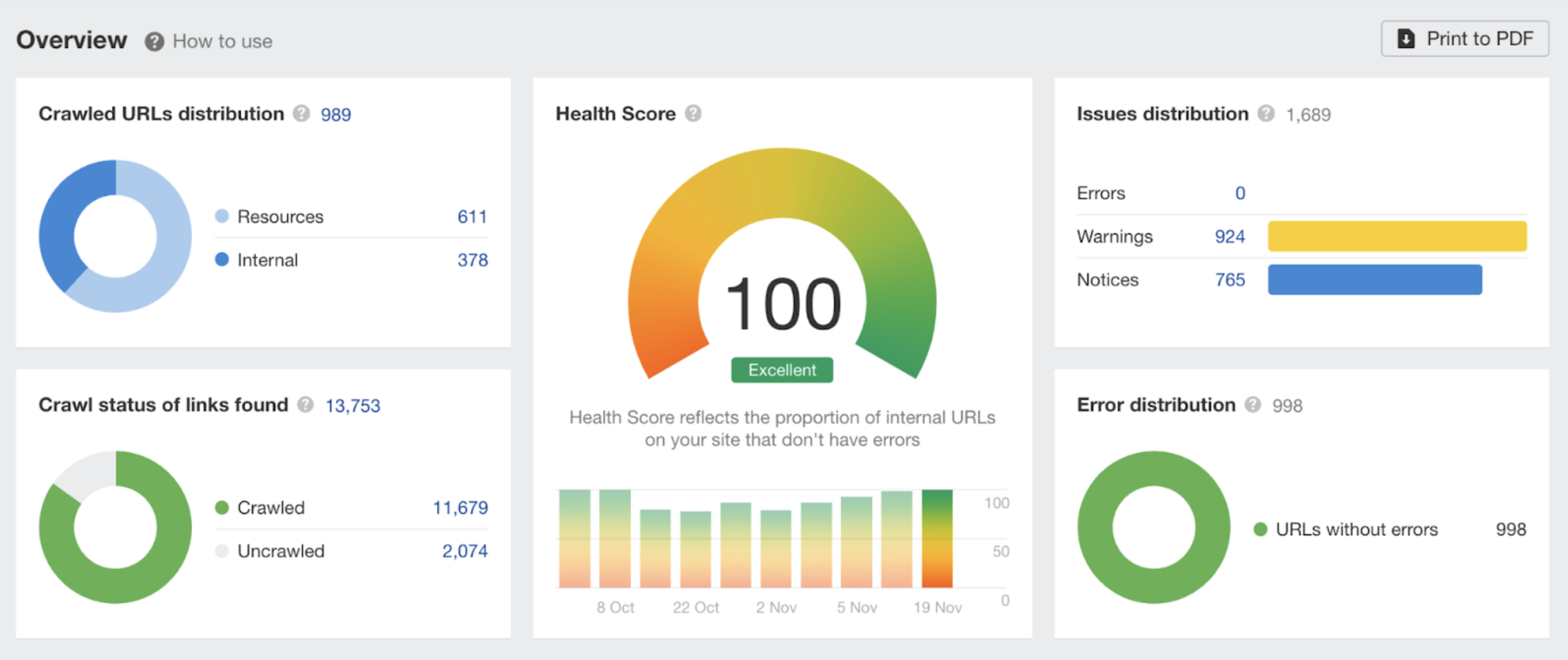
02
On Page Audit & Fixes
Our On-Page SEO audit uncovered major SEO signal areas that needed further optimization. We assessed major on-page data points and optimized the following:
- SEO Meta Title
- Meta Description
- H-Tags
- Internal/External Links
- Image SEO & Alt Texts
- OG Tags & More
03
Sweet Spot Keyword Optimization
Our sweet spot keyword analysis uncovered keywords ranking, on average, in positions 4 to 20. They are labeled as sweet spot keywords since they already have market demand and only need some nudging to reach the top 3 positions.
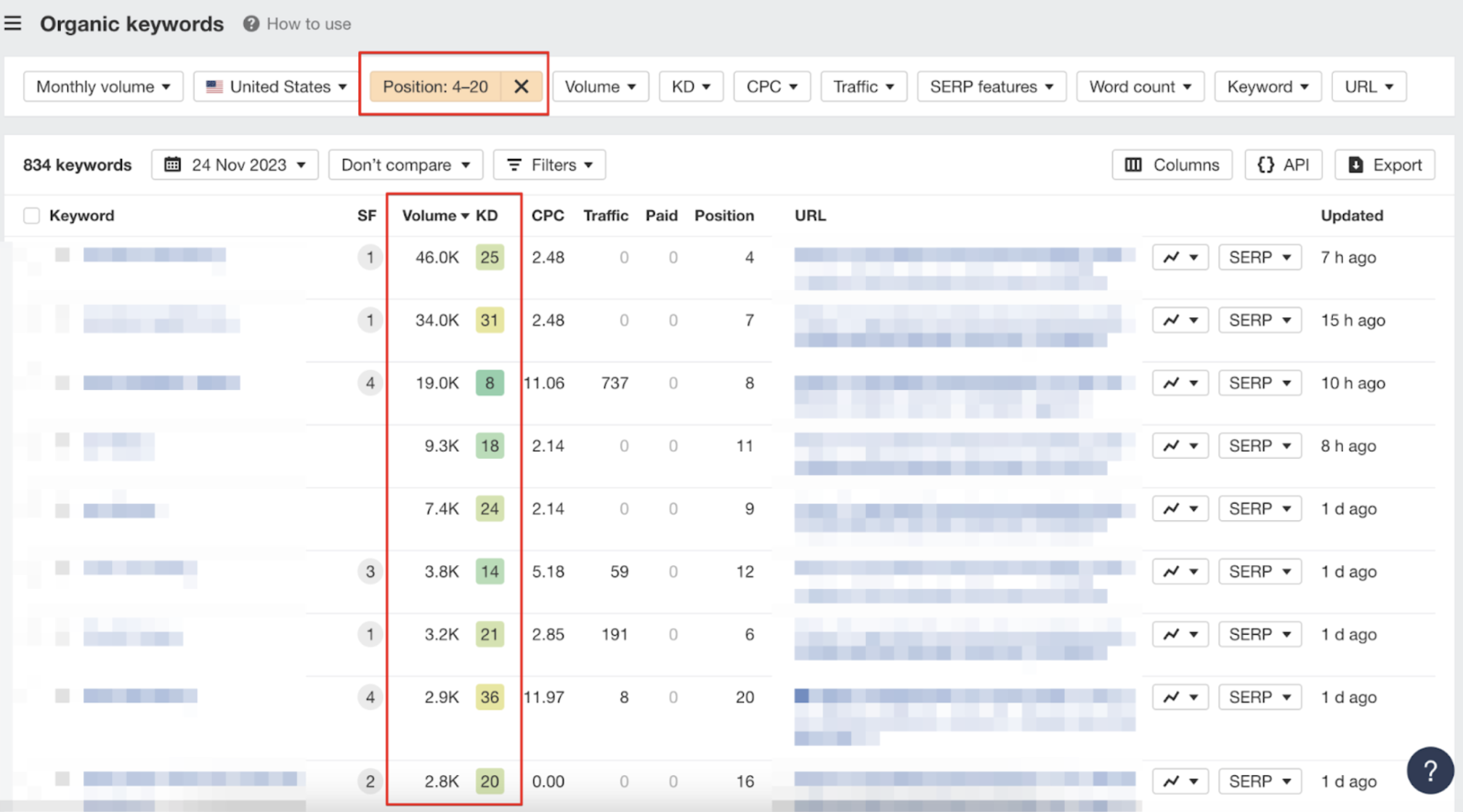
After that, we prioritized optimizing sweet spot keywords that improved organic traffic significantly within a short time frame. Here are the strategies we used to optimize sweet spot keywords:
Optimize Meta Tags
We optimized poorly written meta tags and ensured the title and description contained primary keywords aligned with the right search intent.
Power Page Internal Linking
Power Page indicates each page’s SEO strength compared to others. The index is great for determining the priority for internal linking and off-page SEO.
We determined the priority pages along with their anchors. Then, we leveraged power pages that were topically relevant to the priority/target page. We ensured proper internal linking had been made based on the order of importance, starting with the highest power page.
Content Relaunch Strategy
The page-level content gap was present while assessing overall page content alongside top competing pages. So, we decided to strengthen its content relevance for improved ranking.
Filling the page-level content gap means enhancing the existing content with additional sub-topics. After assessing a page-level content gap, we performed a content relaunch strategy to support our targeted keyword.
To strengthen its on-page performance, we created paragraphs using each sub-topic-worthy keyword as a subheading and wrote content supporting the sub-header.
Likewise, we addressed highly relevant FAQs to maintain on-page relevance for the targeted topic.
04
Create a Detailed Topical Map
We planned and prioritized a detailed topical map that provides us with the blueprint for 6-12+ months of topics and content to create and establish a topical authority in the eyes of search engines for our business niche.
Keyword Development / Intent Research
Our keyword development / intent research involved identifying the most relevant and valuable keywords and understanding the intent behind user search queries to optimize a website’s page content. We prioritized keywords based on the following:
- Keyword Difficulty
- Business Relevance
- Organic Traffic Potential
Intent Research
Intent research refers to the “why behind a query.” We assessed and prioritized keywords/topics based on the following:
- Top Of The Funnel
- Middle Of The Funnel
- Bottom Of The Funnel
Keyword Clustering
After funneling down the keywords, we grouped together those keywords that fell under the same cluster. After that, we prioritized the content type that the clustered keywords deserved.
05
Killer Content Strategy & Content Prioritization/Optimization
Upon reverse engineering competitors’ keywords and content, we found that the majority of organic traffic-driving pages were:
- Blog Post
- Industry Based Pages
- Feature Page
Likewise, we prioritized supporting pages based on the funnel and from our detailed topical map. These pages provide additional information, insights, or examples that supplement the parent page.
The following are the types of content prioritized and optimized to support the targeted audience:
- Industry Based Pages
- Feature Page
- Blog Post
- Guide Post
- Success Stories
- FAQs
Results
Within 6 months, our strategies led to a 2,372.22% increase in organic traffic. The client experienced a drastic surge in organic traffic, and we successfully ranked highly prioritized keywords within the top 5.
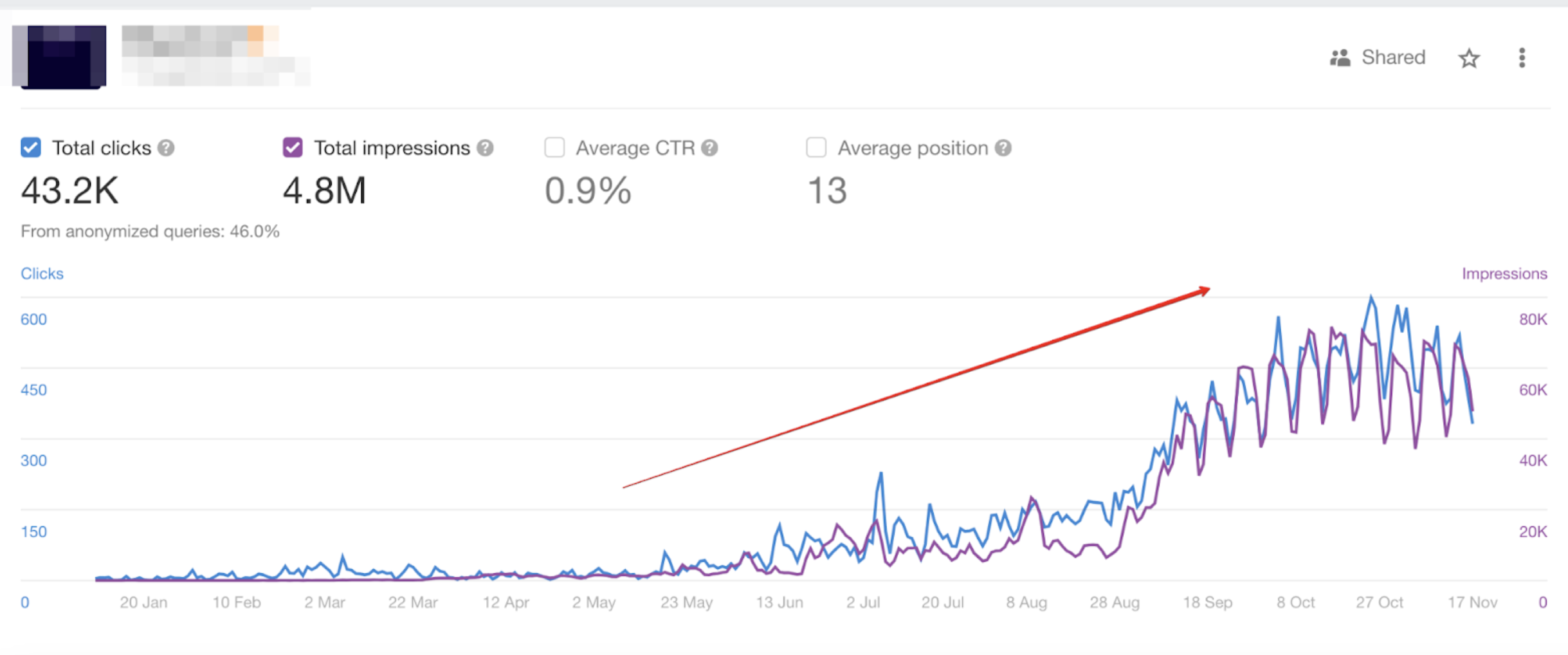

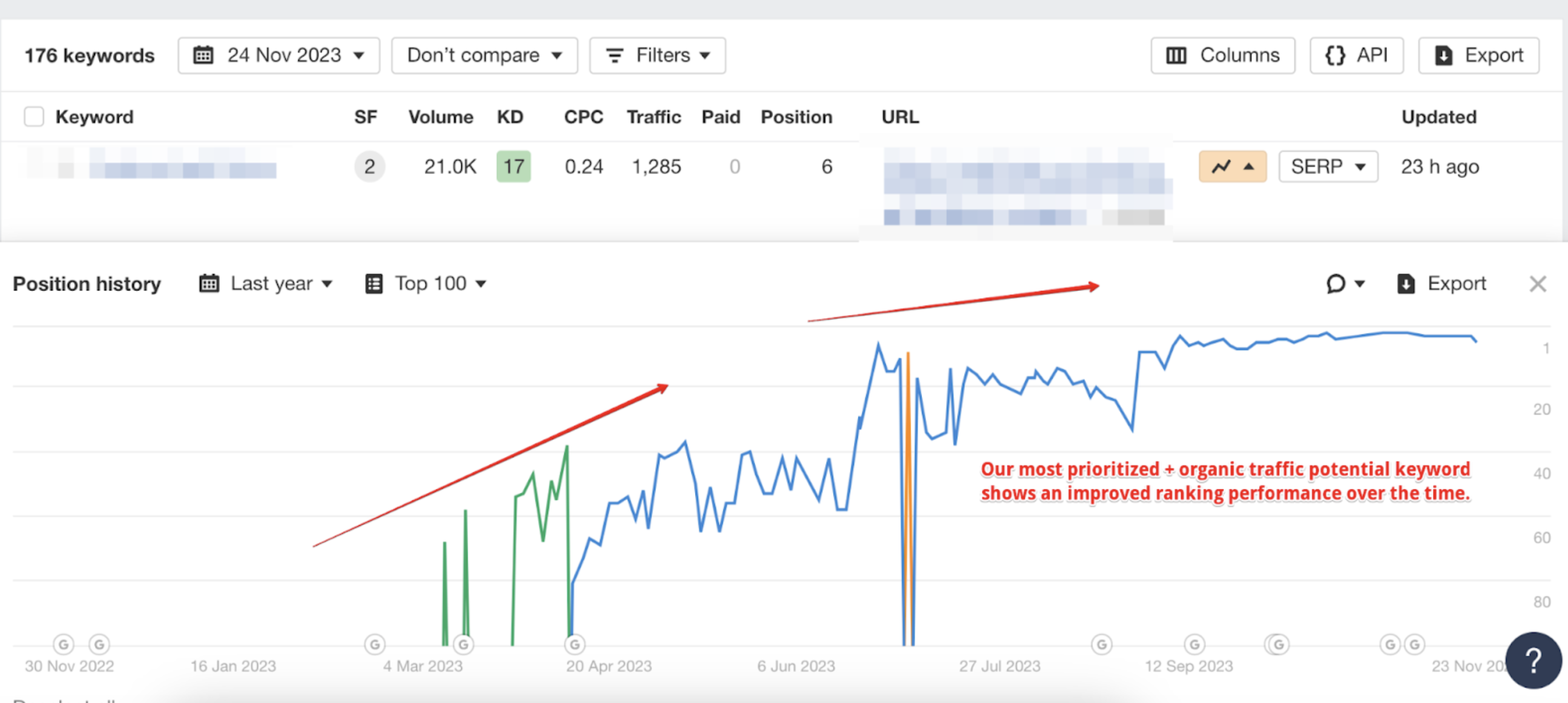
Time Frame: Jun 2023 - Nov 2023
Related Case Studies
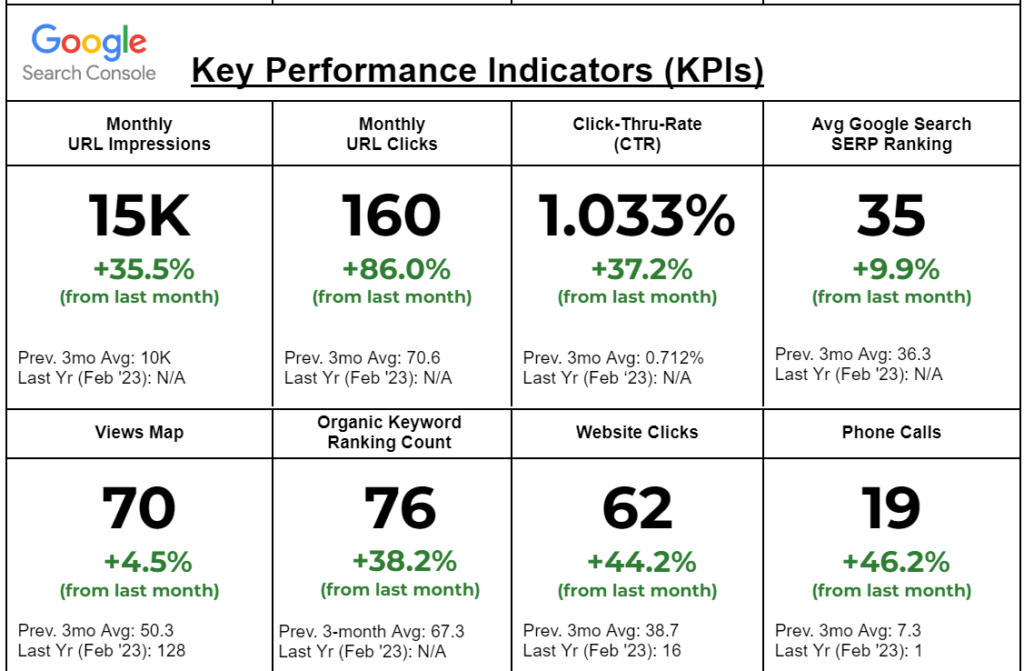
Law Firm SEO: How We Tripled (3X) Organic Leads / Calls in Just 5 Months
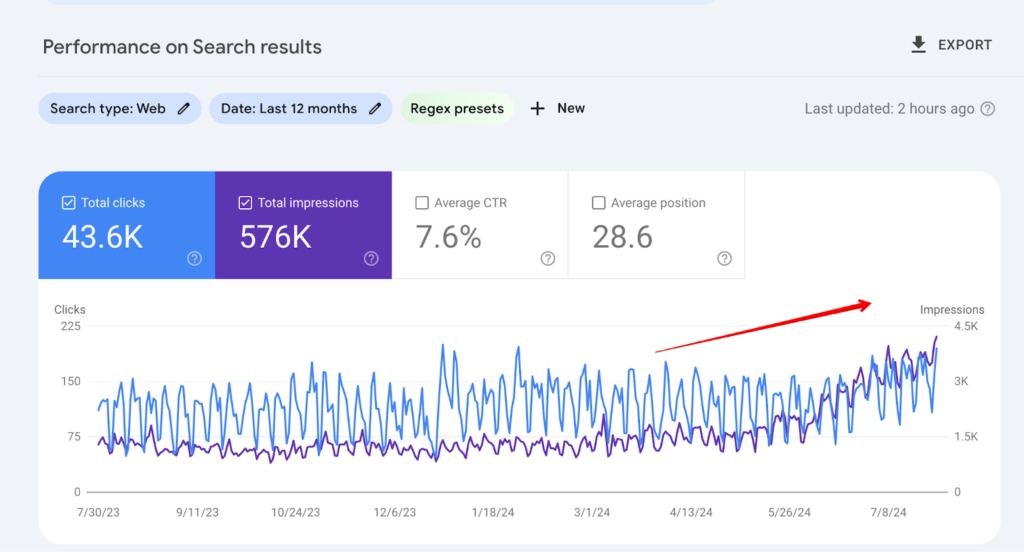
Local SEO: How We Increased Organic Search Traffic by 330% and Doubled Leads in Just 7 Months
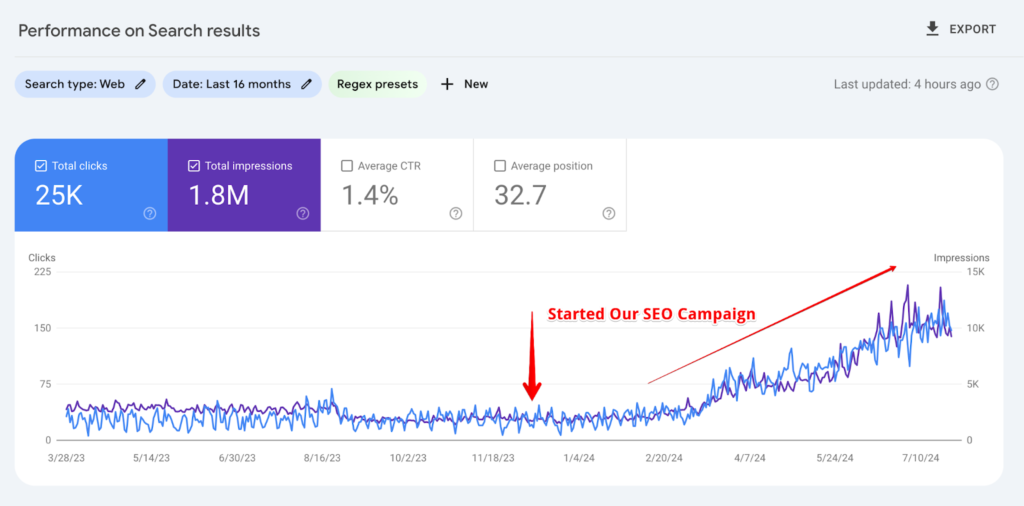
eCommerce SEO: 3X the Organic Leads/Sales with 300% Growth in Organic Traffic

LET'S INCREASE YOUR SALES
Claim your $1,000 Audit for FREE by telling us a little about yourself below. No Obligations, No Catches.
NEWSLETTER
Join 5,000+ businesses smashing revenue goals with our weekly insights.
